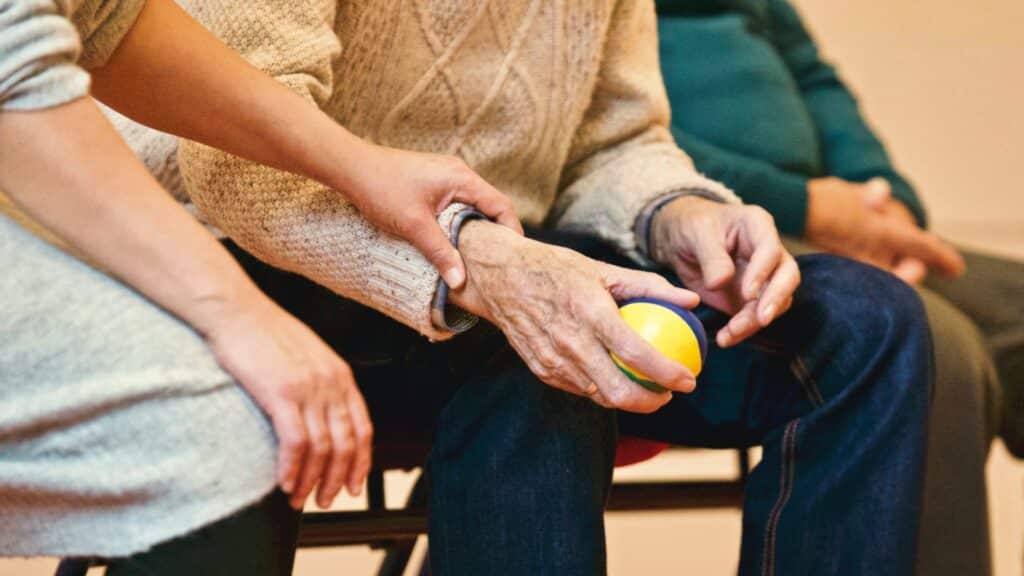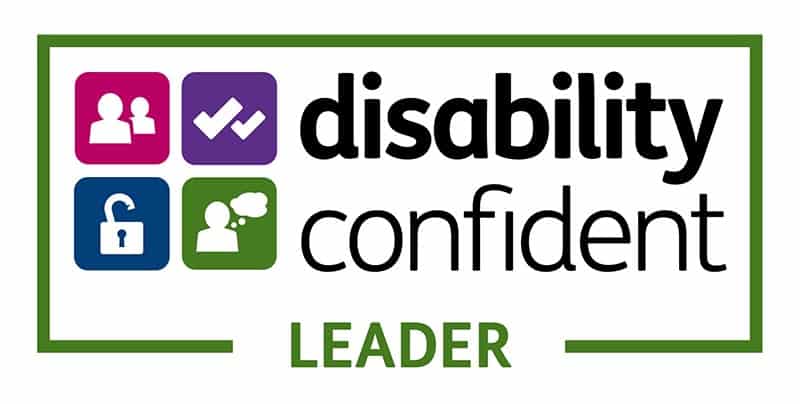
Many of us rely on our family members and close friends to provide the support we need to to live our lives – from personal care, to managing finances, to providing emotional support.
These people are unpaid carers, and around 5 million unpaid carers provide vital support across England and Wales to Disabled people or people who need extra help as they grow older.
Some of these people are entitled to a financial benefit called Carer’s Allowance. Carer’s Allowance is not meant to be a salary for the carer, but a contribution towards the extra costs that they face.
To qualify for Carer’s Allowance, an individual must spend at least 35 hours a week caring for someone who receives a qualifying disability benefit. As of 2024, the Carer’s Allowance is £81.90 per week, although the amount can change annually. There are earnings limits, so people who earn more than £151 a week may not be eligible.
According to Carers UK many carers are struggling to make ends meet as the cost of living rises and because of carer’s allowance rules. Even a slight increase in earnings can lead to large demands for repayment, adding immense stress to their lives. Reports indicate that over half of unpaid carers find it challenging to manage monthly expenses, and a significant number fear future increases in costs could push them into severe hardship. Disability Rights UK report that nearly 8% of unpaid carers in receipt of carer’s allowance are using food banks to cope with the cost-of-living crisis.
Now we are facing a growing scandal in which tens of thousands of unpaid carers are being forced to pay huge fines for accidentally breaching earnings rules by just a few pounds a week.
Stories are hitting the press of the devastation this is causing to people’s lives, like the story of Davina Ware from Bath who made a small error in how her salary was calculated when she claimed Carer’s Allowance whilst caring for her husband who has Parkinson’s Disease and has been left traumatised by a demand to repay nearly £4,000.
This issue has sparked a debate on the treatment of unpaid carers and the need for policy reform. Advocacy groups, including Disability Rights UK, have called for an end to what they describe as the “persecution” of unpaid carers, criticising the current system for its lack of flexibility and understanding. They argue that the earnings threshold for carer’s allowance is too rigid, creating a “cliff edge” where small earnings above a set limit can lead to total ineligibility and severe financial penalties. The plight of these carers has highlighted significant flaws in the administration of benefits, prompting calls from many Disabled People’s Organisations for a reassessment of how these supports are managed and distributed.
There is growing attention on the treatment of people who provide care locally. WECIL is part of an alliance of organisations in Bristol, led by Bristol Women’s Voice, which is calling on employers, the West of England Combined Authority (WECA), Bristol City Council and national government to adopt the caring economy as a strategic driver for investment across public services, training, skills, transport, environmental sustainability and for those disadvantaged by poverty and discrimination.
This scandal is not only about the financial implications on unpaid carers but also about how we recognise and value care work, both in economic terms and social policy. It is crucial for the well-being of both carers and those they support that these issues are brought to the forefront of policy-making discussions.
Caring is fundamental to the infrastructure of our society and the foundation of our communities. If we continue to undervalue the people we employ to provide our support, and the people who provide care to their families and loved ones, the threats to our rights to live independently will continue to grow.



